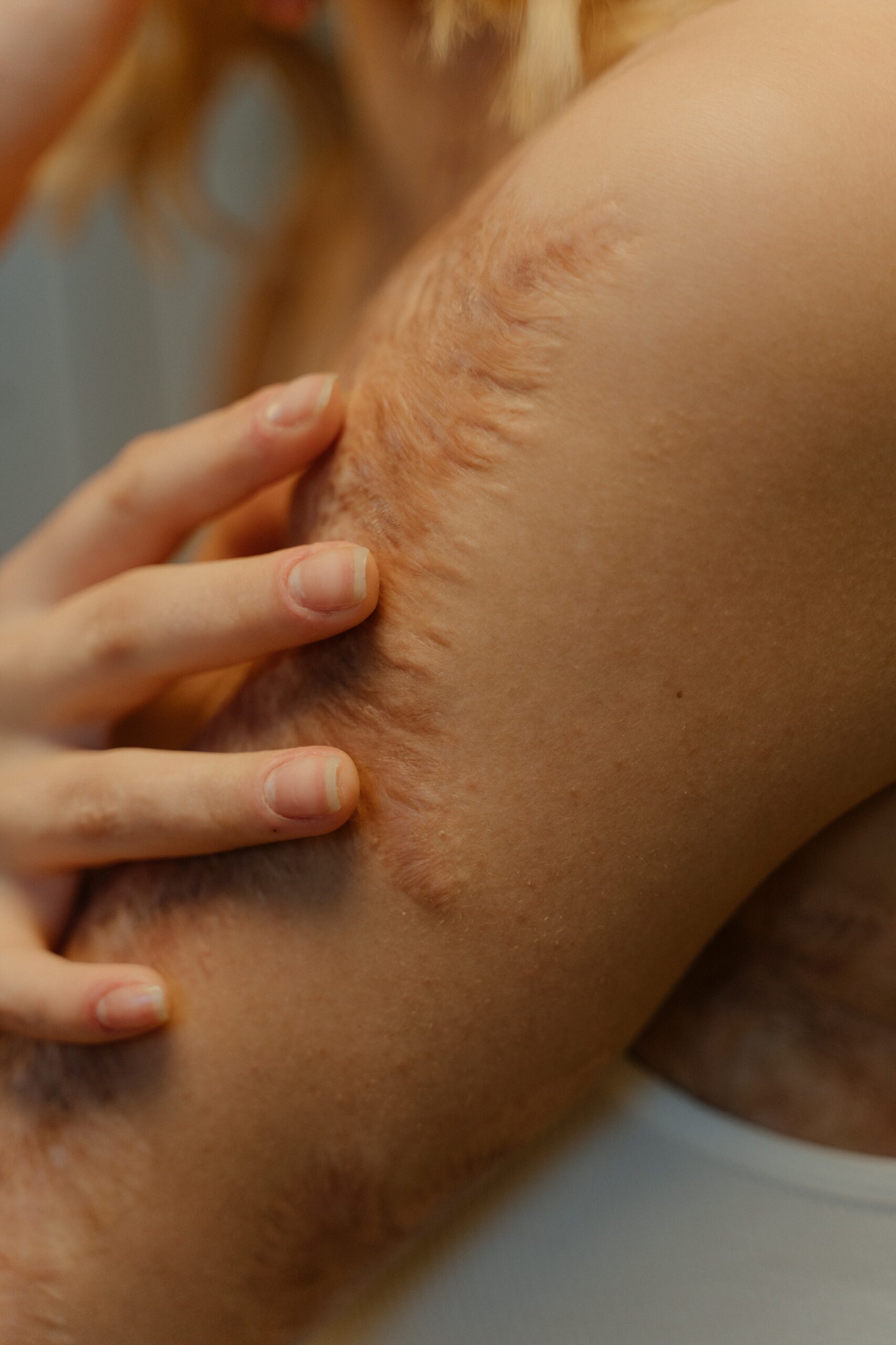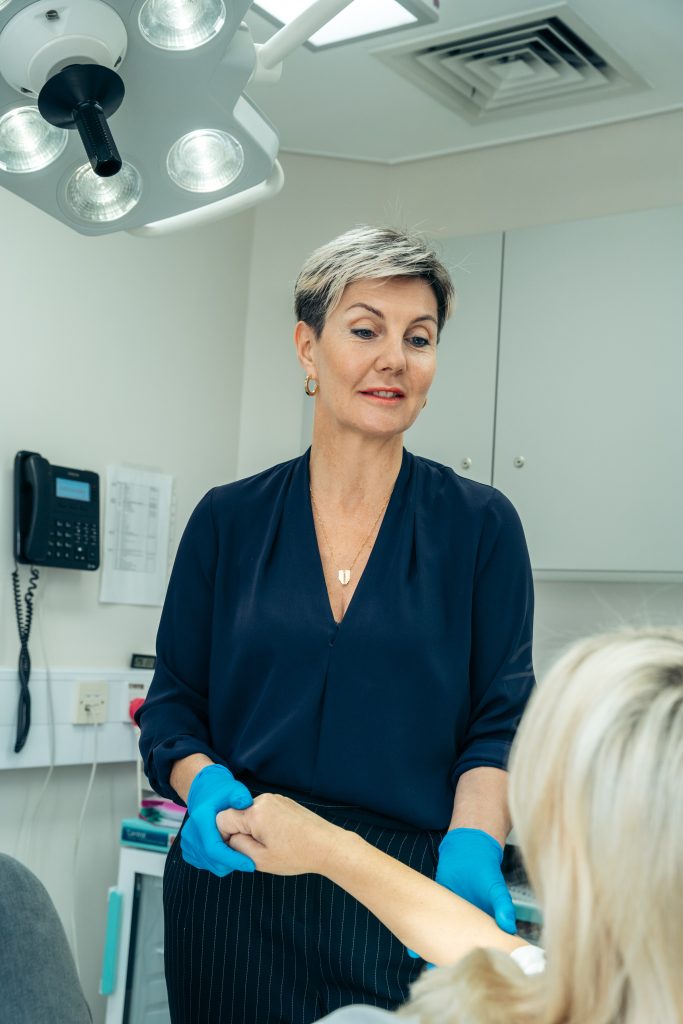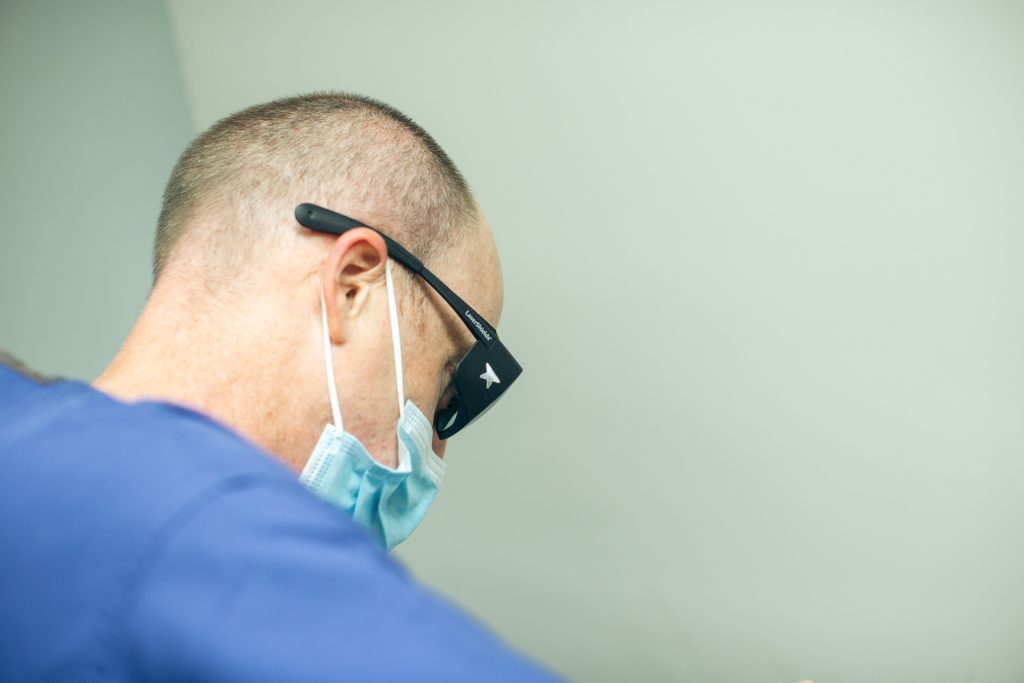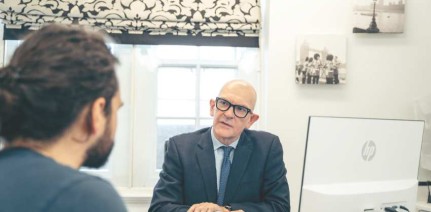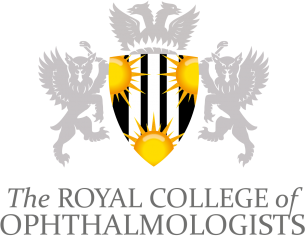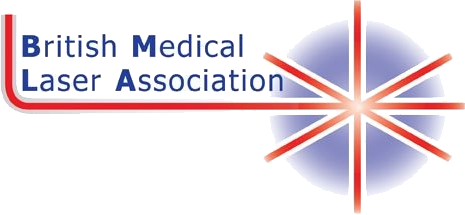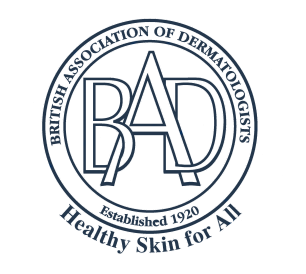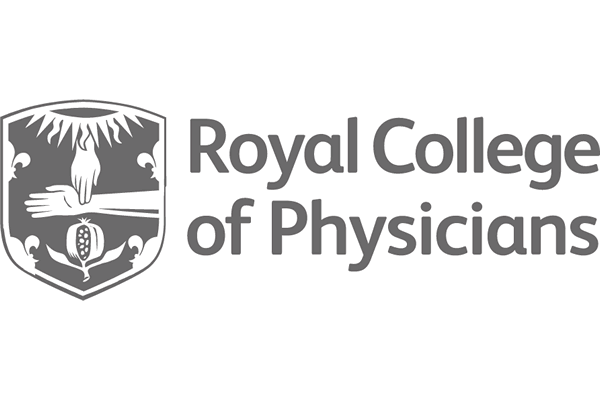"The surgeon answered all of my concerns and I felt confident to undergo the procedure and came out feeling confident I received very good care. The staff and nurses gave me personal attention and were quite courteous, they readily gave me any information that I needed. They were particular in helping me go through all the steps I needed in preparation for the procedure."
Scars from surgery can cause deep tissue scarring, beyond the skin, which can limit movement in another area of your body; wherever your scar is or however deep it is, scar informed physiotherapy can help.
Our physiotherapist will perform a thorough assessment in order to help you understand the nature of your scar, the impact it has on you and explain what treatment plan is optimal. We will ensure that you have realistic expectation of what outcomes you may achieve based on your scar subtype and treatment proposed. Scar management offered by our physiotherapist is non-invasive; it will involve advice, education and mobilisation of the scar/body. Sometimes only one assessment with the therapist is needed; nevertheless, some patients will benefit from a course of sessions depending on the complexity of the scar they present with.



